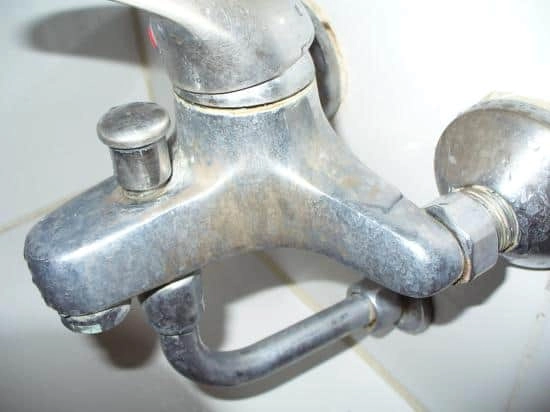It’s no secret that hard water can be a nuisance. It makes your hair and skin feel dry, but it can also leave unsightly calcium build-up on your faucets. Luckily, removing this build-up is a simple process – and our faucet repair in Pennsylvania is here to show you how. This blog post will outline the steps necessary to remove calcium from your faucets. We’ll also provide some tips on how to prevent future build-up.
What Causes Calcium Build-Up?
Before we get into the removal process, it’s important to understand what causes calcium build-up in the first place. Hard water contains high levels of minerals – typically calcium and magnesium. When hard water comes into contact with metal surfaces, it can leave a chalky white residue. This residue is difficult to remove and can make your faucets look dirty – even if they’ve just been cleaned.
How to Remove Calcium Build-Up
There are a few different ways to remove calcium build-up from your faucets. One method is to use a vinegar solution. Mix equal parts of water and vinegar in a bowl and apply it to the affected areas with a cloth. Let it sit for 10-15 minutes, then scrub the area with a toothbrush or other soft-bristled brush. Rinse the area with clean water and dry it off, and you should see a noticeable difference.
If vinegar doesn’t do the trick, you can try using a commercial cleaner to remove hard water build-up. Be sure to read the instructions carefully before use, as some cleaners require you to wear gloves and take other safety precautions. Once you’ve applied the cleaner, let it sit for the time specified on the bottle. Then, use a soft-bristled brush to scrub the area and rinse it off with clean water.
Suppose you don’t have vinegar or a commercial cleaner on hand; you can also use lemon juice or a commercial calcium remover. Just follow the instructions on the product label.
Preventing Future Calcium Build-Up
The best way to deal with calcium build-up is to prevent it from happening in the first place! There are a few different ways you can do this, such as:
-Install a water softener: A water softener will remove minerals from your water, preventing them from building up on your faucets.
-Use a vinegar solution regularly: Vinegar is a great way to clean hard water stains – so using it regularly can help prevent build-up.
-Avoid using harsh chemicals: Harsh chemicals can damage your faucets – so it’s best to avoid them.
-Dry your faucets after use: Water left on your faucets can lead to calcium build-up – so make sure to dry them off after use.
-Call Goodman Plumbing: Our plumbers can help you troubleshoot any hard water issues you’re having. We can also install a water softener or other filtration system to help prevent calcium build-up.
– Use a faucet cover: A faucet cover can help keep water from coming into contact with your faucets, preventing calcium build-up.
Contact Us Today
We hope this blog post has given you some helpful information on removing calcium from your faucet repair in Pennsylvania. Remember, the best way to deal with hard water is to prevent it from happening in the first place. But if you do find yourself dealing with calcium build-up and need faucet repair in Pennsylvania, contact Goodman Plumbing for a free estimate.


